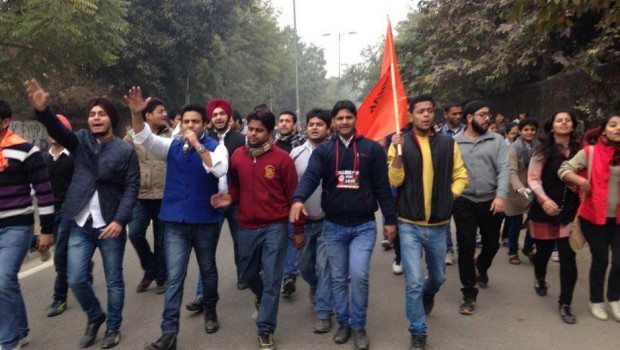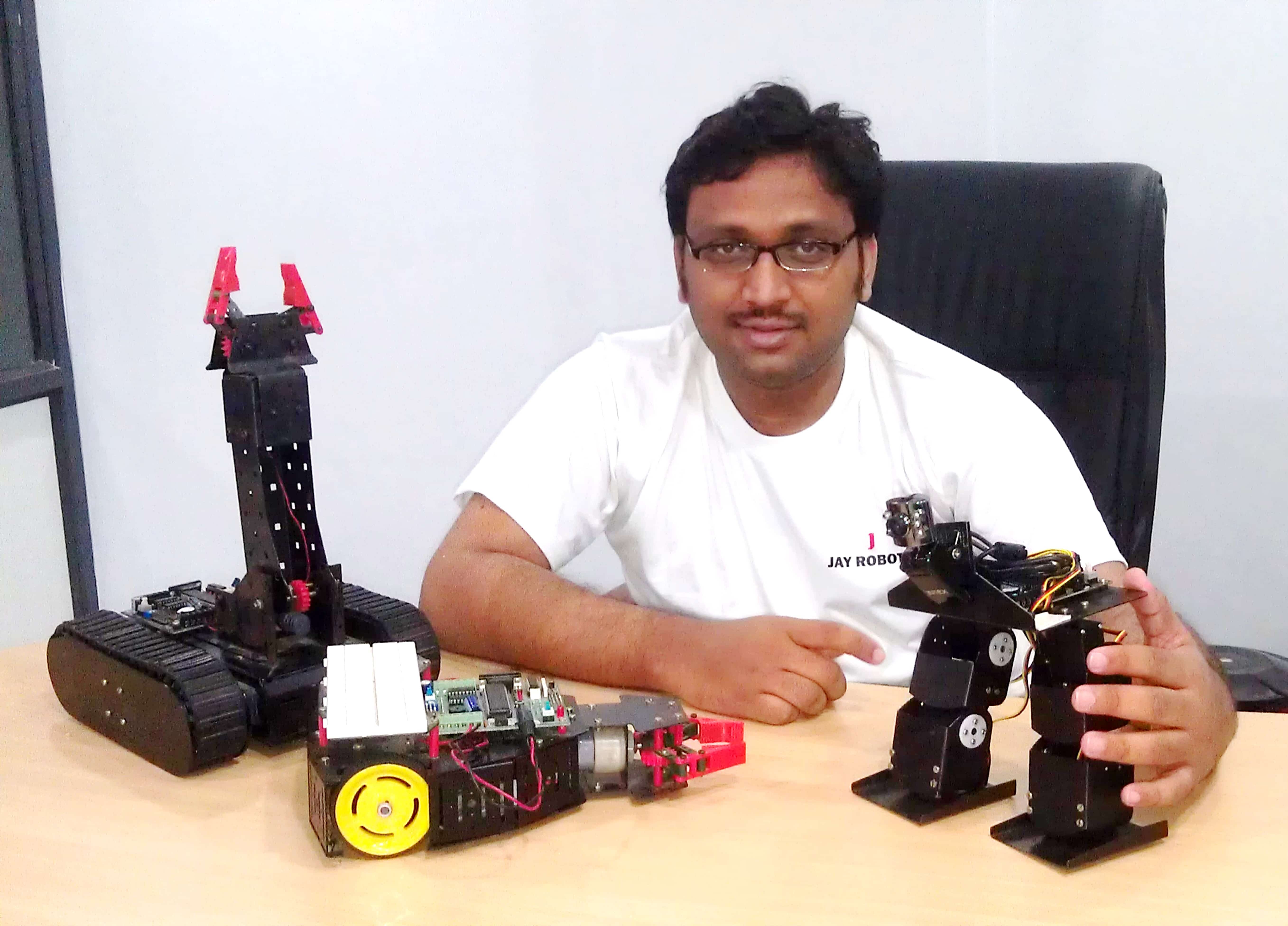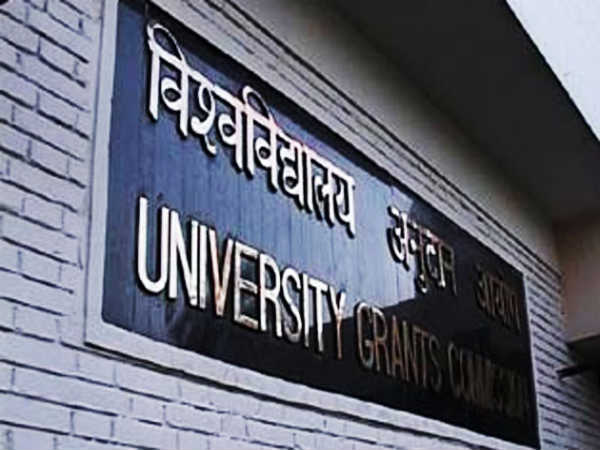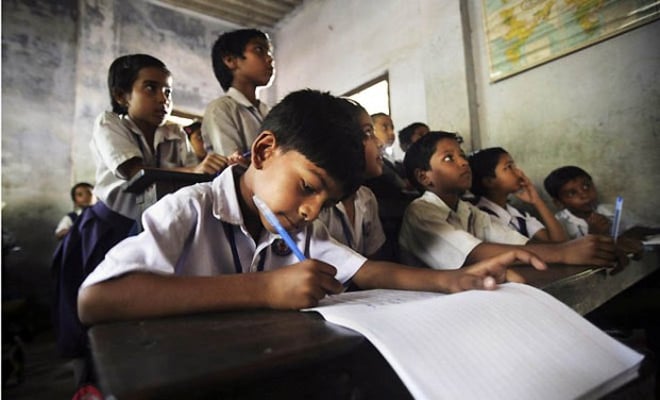JAY ROBOTIX PVT LTD,pioneer in educational robotics, has developed a First-of-its-kind Centre of Excellence – CoE for engineering colleges across the country. The CoE is designed as a systematic and structured approach to holistic learning through robotics for engineering colleges. JAY ROBOTIX has set up their first CoE at Shri Venkateshwara Institute of Technology – SVIT Indore.
CoE will consist of a Robolab being set up at the institute. It will also have a designated and structured course curriculum. The course structure consists of practical and theoretical study of robotics concepts. The institutes equipped with robotics CoE will have access to various robots, software & hardware tools. Students will get access to a well defined curriculum where they learn and experience advanced technologies with a practical approach using the CoE equipment. This learning pedagogy will empower the students’ journey of idea, conceptualizing the idea, proto typing, validating and producing the idea through a guided approach and with emphasis on entrepreneur abilities of the students.
Speaking about the CoE, Mr. Sudhir Reddy, Managing Director, JAY ROBOTIX said, “It has been our vision to bring more and more practical learning approaches and techniques to the colleges and schools in India. This initiative will not only enable the students to learn advanced technical concepts with a practical approach, but will also develop an intuitive mindset required for innovative thinking. We will continue to enhance our offerings for the education sector and hope to establish the CoE in as many institutions as possible. This partnership with SVIT has enhanced the student’s opportunities and made a difference. “
Through this CoE students will get their technical concepts through refined courses along with working on robots such as RoboRuka, Assaulter, Docile X, Omni Wheel Robo, Wizmo etc. and other mechanical equipment & tools from the stable of JAY ROBOTIX. Also, for Industries the CoE will provide students who are technically strong and very enterprising. Students will also get opportunities to interact with industries on a project basis. This will increase the academia and Industry coordination. JAY ROBOTIX is in advanced level of talks with 10 more institutes across the country for setting up CoE and to get them international affiliations.





























